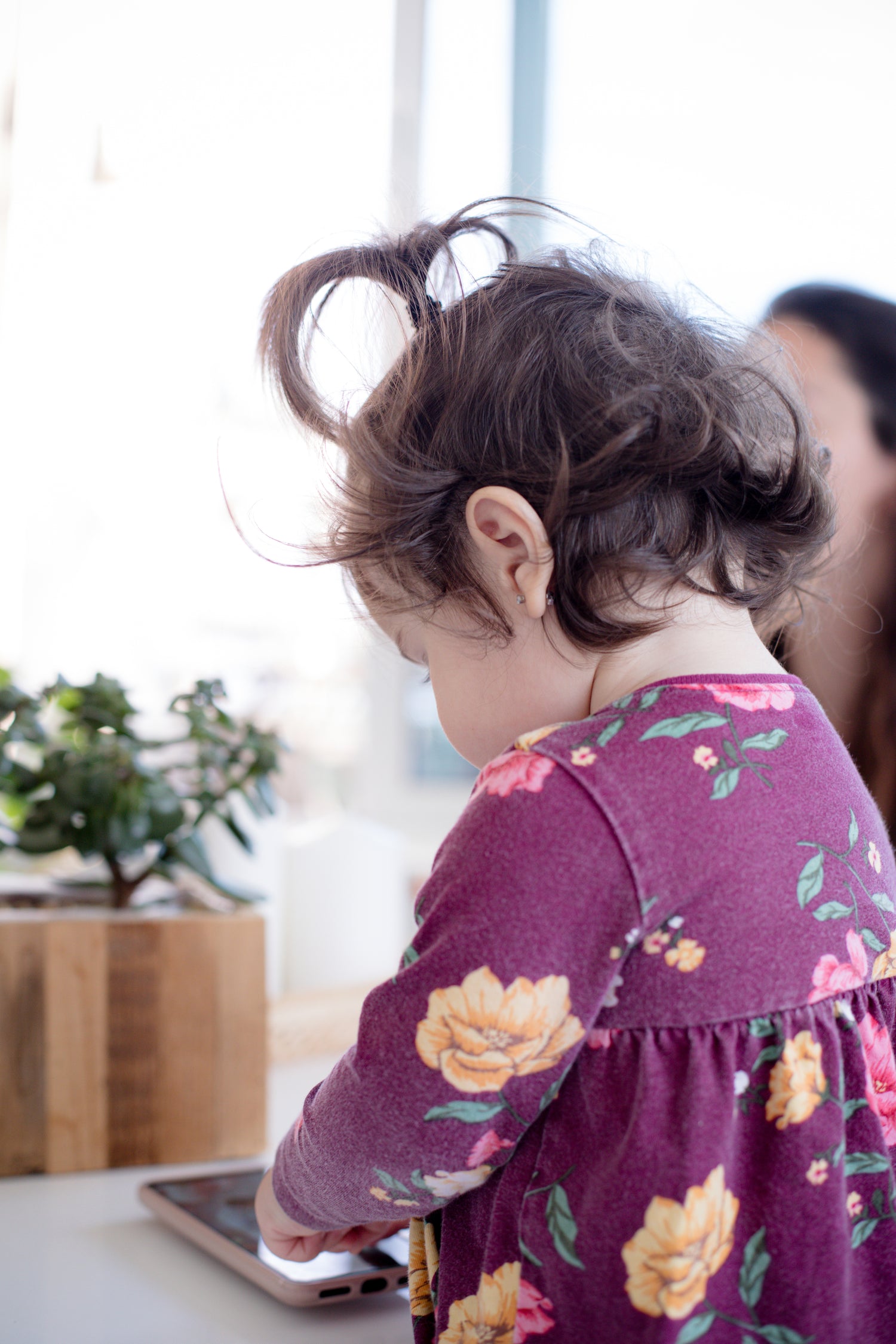Child Safety

Commitment To Child Safety & Wellbeing
“Our number one priority is the safety, health and wellbeing of children in our care. We champion and model a child safe culture at all levels in our service. We will not tolerate harm or the risk of harm to children or young people. We will not tolerate bullying or harassment. We act on any concerns about child safety and encourage a culture of reporting harm and risks of harm. We listen to all children. We uphold their rights and empower them to know and exercise their rights. Children and families are involved in making decisions about matters that concern them. We are committed to equity and the inclusion of all children, regardless of their abilities, sex, gender or social, economic or cultural background. We have an inclusive and welcoming environment for Aboriginal and Torres Strait Islander children, and respect and value their diverse and unique identities and experiences.”
Supporting The Child Safe Standards
The Child Safe Standards outlined below directly align with Edu-Play Early Learning's commitment to creating a nurturing, inclusive and protective environment for every child. These standards reinforce Edu-Play's existing practices around cultural safety, staff accountability and child empowerment, ensuring that safety is embedded in both daily routines and strategic planning. By inegrating these principles, Edu-Play strengthens it's role as a trusted early learning provider that prioritises children's wellbeing above all else.
🧡 Standard 1: Culturally Safe Environments for Aboriginal Children
The service creates a culturally safe space where Aboriginal children’s identities, histories, and rights are respected and celebrated. Staff are trained in cultural safety and embed Aboriginal perspectives into the curriculum, regardless of current enrolment. Families are consulted to ensure
practices are inclusive and meaningful.
🏛️ Standard 2:Leadership, Governance and Culture
Child safety is embedded in the service’s leadership, governance, and everyday culture. All staff are expected to model child-safe behaviours and follow a clear Code of Conduct. A designated child safety
officer leads continuous improvement and promotes accountability across the
organisation.
🗣️ Standard 3: ChildEmpowerment and Participation
Children are taught about their rights and are actively involved in decisions that affect them. Educators listen to children’s voices, respect their boundaries, and teach protective behaviours. The service uses
child-friendly materials and feedback mechanisms to ensure children feel safe
and heard.
👨👩👧Standard 4: Family and Community Engagement
Families and communities are partners in promoting child safety and wellbeing. The service communicates openly, seeks feedback, and ensures information is accessible and inclusive. Consent is obtained for key activities, and families are invited to participate in decision-making and cultural events.
🌈 Standard 5: Equity and Diversity
The service respects and responds to the diverse needs of all children, including those from Aboriginal, CALD, LGBTQI, and disability communities. Staff are trained to uphold inclusive practices and prevent
discrimination. Cultural celebrations and diverse representation are embedded
in the environment and curriculum.
👥 Standard 6: Suitableand Supported Staff
Staff, volunteers, and students are carefully screened, inducted, and supported to uphold child safety values. Recruitment includes clear expectations around child safety, and ongoing supervision ensures
compliance. Performance reviews and professional development reinforce safe
practices.
📣 Standard 7:Child-Focused Complaints Process
The complaints system prioritises children’s safety and is
accessible, transparent, and culturally safe. Children are taught how to raise
concerns and are supported to do so in age-appropriate ways. All complaints are
taken seriously and managed in line with legal and procedural obligations.
🎓 Standard 8: StaffKnowledge, Skills and Awareness
Staff receive ongoing training to identify and respond to risks of harm, including grooming and abuse. Professional development is tailored and includes cultural safety, trauma-informed care, and protective behaviour education. Child safety is a standing agenda item in staff meetings.
🛡️ Standard 9: SafePhysical and Online Environments
The service maintains safe, clean, and well-supervised physical spaces and manages risks proactively. Staff follow strict supervision protocols and ensure children are never left alone or unsupervised. Digital safety is upheld through secure device use, privacy protections, and education on online safety.
🔍 Standard 10: ContinuousImprovement
Child safety policies and procedures are reviewed regularly to ensure they reflect current laws and best practices. Feedback from children, families, and staff informs updates and improvements. Incidents and concerns are analysed to identify gaps and strengthen safeguards.
📄 Standard 11: Policiesand Procedures
The service documents all child safety practices clearly and makes them accessible to staff and families. Policies are reviewed annually and updated as needed to reflect changes in law or practice. Staff are trained to understand and follow these procedures consistently.
Reportable Conduct Scheme
What is the Reportable Conduct Scheme?
The Reportable Conduct Scheme requires organisations to respond to allegations of child abuse and child-related misconduct by workers and volunteers. It is administered by the Commission for Children and Young People (CCYP).
How is it different from the Child Safe Standards?
- The Child Safe Standards are proactive. They help organisations create environments that protect children from harm.
- The Reportable Conduct Scheme is reactive. It ensures allegations are properly investigated and reported to the CCYP.
Together, they create a system that:
- Builds a culture of child safety
- Provides oversight and accountability when things go wrong
Edu-Play Early Learning is committed to protecting children and promoting their safety.
Want To Learn More About Child Safe Standards?
We are committed to providing a safe and supporting environment for all children. As part of our ongoing efforts to uphold child safety standards, we have created a dedicated page for our educators and community with essential information and guidelines.
Please preview the presentation link below to stay informed about child safe standards.
Thes standards are crucial in maintaining a safe space for everyone.
Thankyou for your commitment to child safety,
